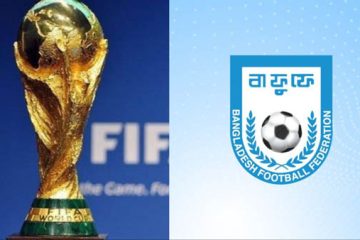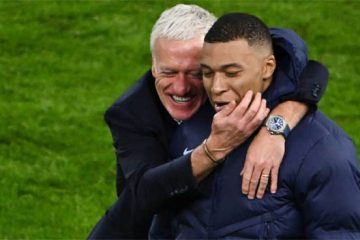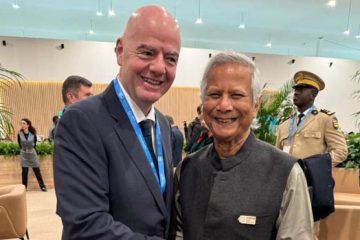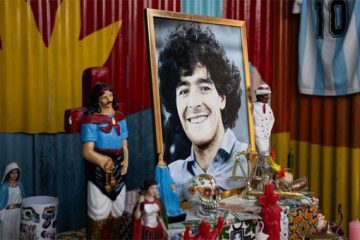The wait is over. Argentina, with Lionel Messi, will play against Germany in the World Cup final today at the Maracana looking for its third trophy. Alejandro Sabella tried Ángel Di María in the first team, but the midfielder finished limping.
It might not be the way Brazilians wanted the World Cup to end but today’s final between Argentina and Germany will provide a nerve-jangling climax to the best tournament in history — even though the goals that have lit it up may not flow.
Whether this match is a high-scoring thriller like their 1986 showdown in Mexico City which Argentina won 3-2, or more resembles the dire spectacle of West Germany’s 1-0 1990 win in 1990 in Rome is difficult to predict.
The trend in recent finals has been for tight, cagey, defensive games with narrow, low-scoring victories and those finals of 1986 and 1990 reflect the dividing line in the finals story.
The six finals up to and including 1986 produced 27 goals, the six since 1990, when Argentina became the first team to fail to score in the final, have produced nine.
And there is every indication that, paradoxically, this goal-laded World Cup — which has produced 170 goals so far and could beat the all-time record of 171 set in France 1998 — will be won by defensive steel rather than attacking brilliance.
In yesterday’s practice session, coach Alejandro Sabella tried Ángel Di María, who suffered an injury in the quarterfinals game against Belgium, in the first team instead of Enzo Pérez.
The Real Madrid midfielder made his first soccer practice, but he finished limping. His chances of being fit for today are low.
Both teams have goalkeepers in the form of their lives with Germany’s Manuel Neuer, probably the best in the world, and Argentina’s Sergio Romero, putting aside his season on the bench at AS Monaco with some impressive displays, not least his two stops in the penalty shootout win over the Dutch on Wednesday.
Argentina’s rearguard though has been even more impressive. Alejandro Sabella’s team has not conceded a goal for three successive matches since a 3-2 win over Nigeria in their last Group F match on June 25, and the coach can also call on a solid, well-established formation.
Romero has gained in confidence and stature as the tournament has progressed while right-back Pablo Zabaleta, centre-back Ezequiel Garay and defensive midfielder Javier Mascherano have all been impressive and started every match.
There is of course, another Argentine player who has started every match for his country — Lionel Messi.
The world’s number one player has enjoyed a satisfactory rather than scintilating tournament so far, scoring four times in Argentina’s three group wins against Bosnia, Iran and Nigeria, but failing to find the net against Switzerland, Belgium and the Netherlands in the knockout stages.
And while Argentina has struggled for goals since qualifying with one against Switzerland from Di María and one against Belgium from Gonzalo Higuaín, Germany has flourished, with 10 in the last three games.
Thomas Müller, who scored a hat-trick in the group stage against Portugal, now has five goals, but the team’s total of 17 has been spread around the side.
Miroslav Klose, now the top scorer of all time in the World Cup with 16 goals, has two, Andre Schürrle three, defender Hummels and Toni Kroos two, while, Mesut Özil, Sami Khedira and Mario Götze have also found the net.
But they have yet to come up against a defence as formidable as Argentina’s.
Herald staff with agencies
-With Buenos Aires Herald input




















